Little changes make a difference.
You’ve probably heard that eating more fiber helps with chronic constipation. This is certainly true, but before you go fiber-wild, we recommend making some preliminary shifts to your diet and daily habits that set the stage for a happy belly – so you don’t shock your system with all that fiber at once. It’s the little changes that make a big difference.
Now, this may sound contrary, but you must trust us here. An important step to gut health is eating more fats! Healthy fats, that is – they are full of nutrition and will help lubricate your pipes and move stool along.
Eat foods that contain healthy fats
Slip and glide is the key here. As well as water for hydration, we need oils for lubrication. Battling chronic constipation is like servicing the engine in your car. One can’t do without the other.
- Olive oil – try sipping 2 tablespoons daily with a squirt of lemon.
- Coconut oil – in moderation please. High in saturated fat.
- Avocados – Fiber, fat and potassium! Thicken a smoothie, add to a salad, or eat it with a sprinkle with lemon and sea salt.
- Wild salmon – considered safer overall than farmed and loaded with omega-3 fatty acids.
- Eggs – Eggs are among the most nutrient dense foods on the planet. Despite being high in fat and cholesterol, they are incredibly nutritious and healthy. And, we know now that this cholesterol does NOT affect your blood cholesterol levels.
- Nuts, like Walnuts and Almonds – healthy fat, fiber and magnesium! Nuts can be roasted and ground for a deeper, richer flavour and sprinkled on salads or spooned into smoothies
- Pumpkin seeds – Raw or roasted (great if you are battling parasites)
- Flaxseed – Ground or whole on cereal, salads, or in smoothies. Soak them overnight for a gloopy, binding superhero! I swallow them straight off a spoon or add them to yogurt.
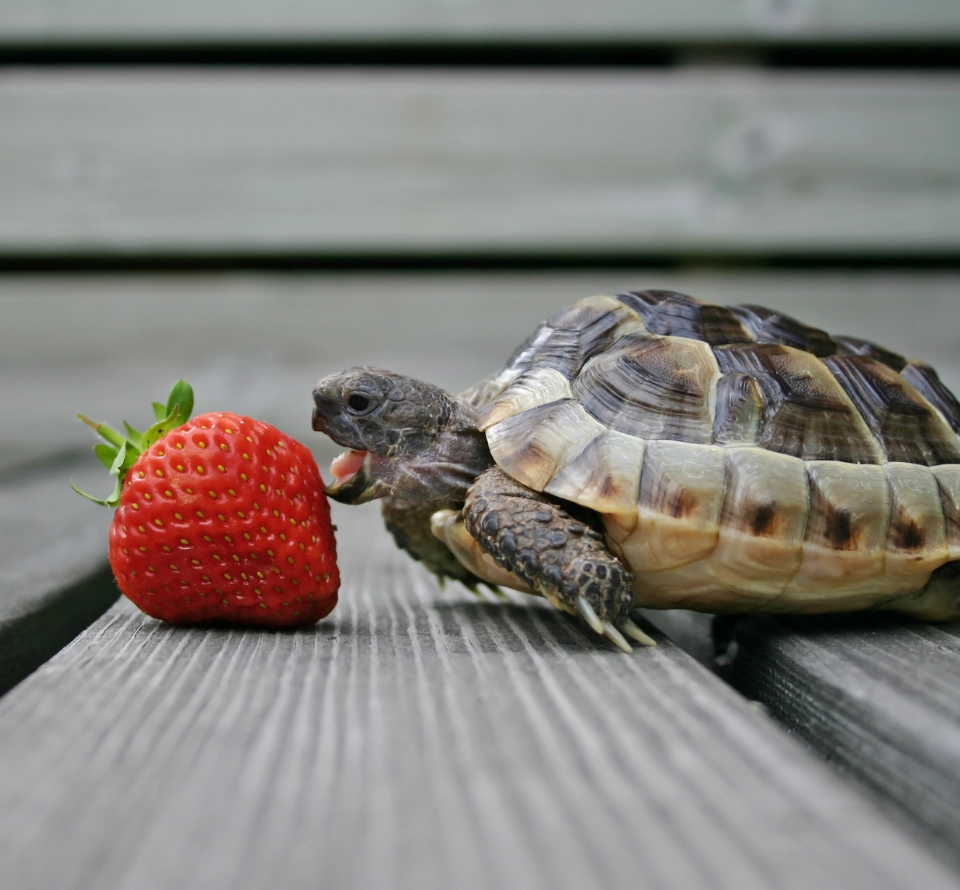
Decrease your intake
Watch those portion sizes! One of the biggest issues for constipation is too much food on your plate. Remember, your stomach is only the size of your fist. If we eat a bigger portion of protein or carbohydrates than our fist in one sitting (3-5 ounces), your digestion process will be very slow. Try using a side plate instead of a dinner plate when you eat at home. This will help you visually when trying to cut down your portions.
Chew your food!
One of the first things we talk about at the clinic is slowing down while eating and chewing your food. Oral enzymes in your mouth are what start your digestion process. So, put your fork down in between bites and make sure you are emulsifying your food. If you see food in your toilet, you’re not chewing enough. Icky… but true.
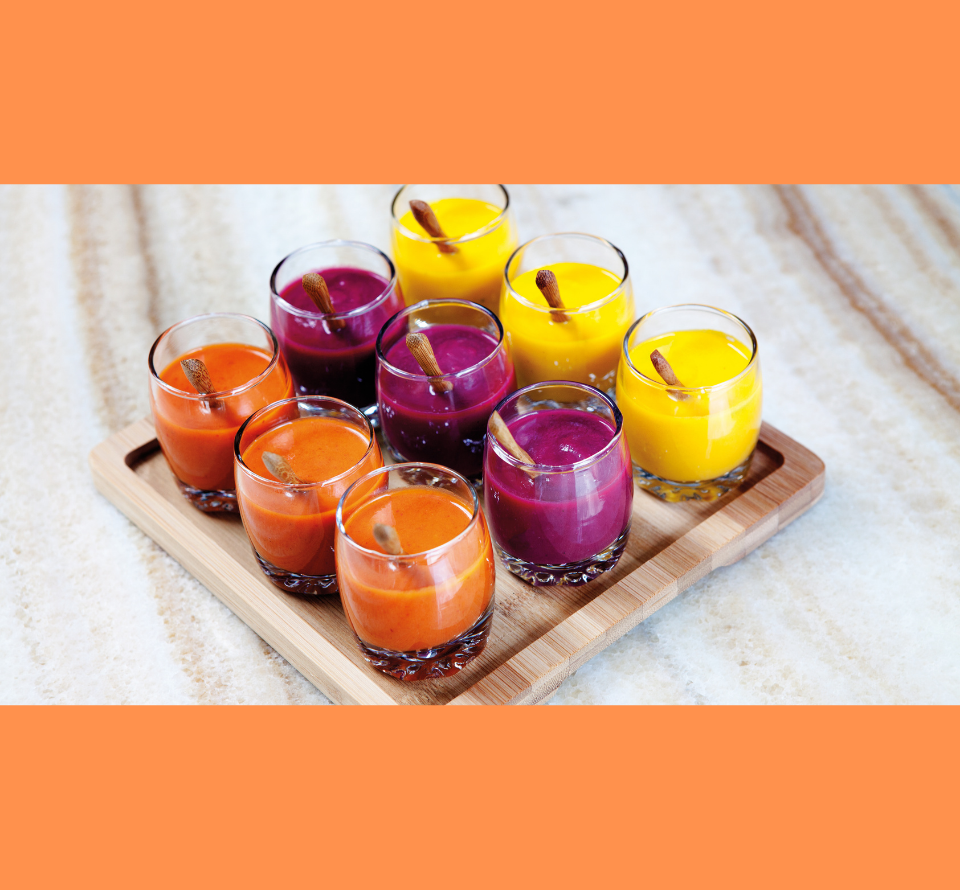
Have a juice day
Try a fresh vegetable juice day once a week. Give your stomach a break one day each week. This is a great way to reset and recharge! Buy a bag of carrots, beets and a big hunk of ginger and juice away! Add apples, spinach, lemon juice, herbs… virtually whatever you want. Juice days are revitalizing and packed full of nutrients and minerals. Vegetables can be fun too.
Move that body!
Getting 20 minutes of movement everyday is pinnacle. Whether you walk, go to the gym, ride a bike, stretch, clean house, or do some gardening, get at least 20 minutes of movement daily. We are made to move. Our sedentary lifestyles are one of the biggest contributing factors to chronic constipation.
Now… back to fiber
Eat (or supplement) more fiber. Fiber is essential for good digestive and colon health. Make sure you have plenty of colour on your plate, because anything without colour, likely has no fiber. The easiest way to think about fiber is to eat the rainbow!

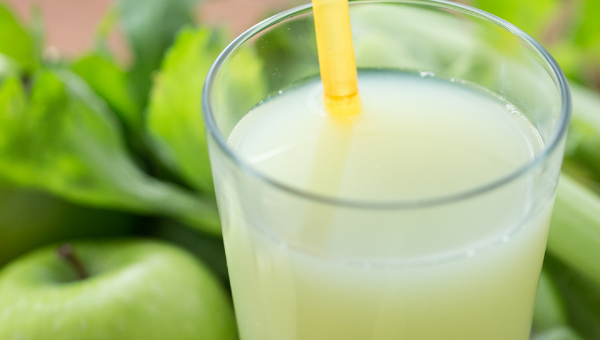
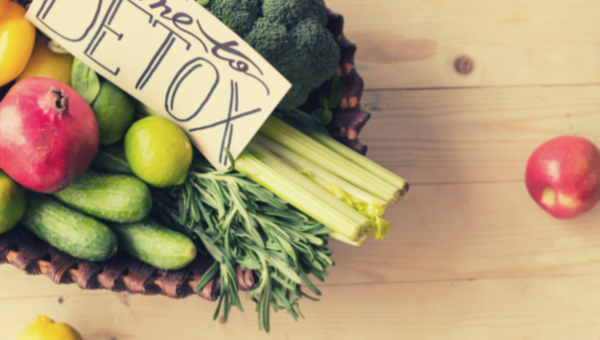
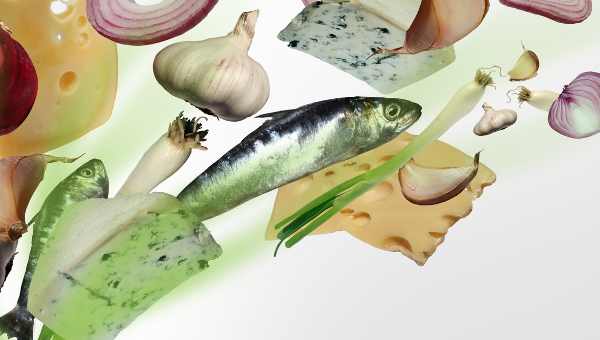
No Comments